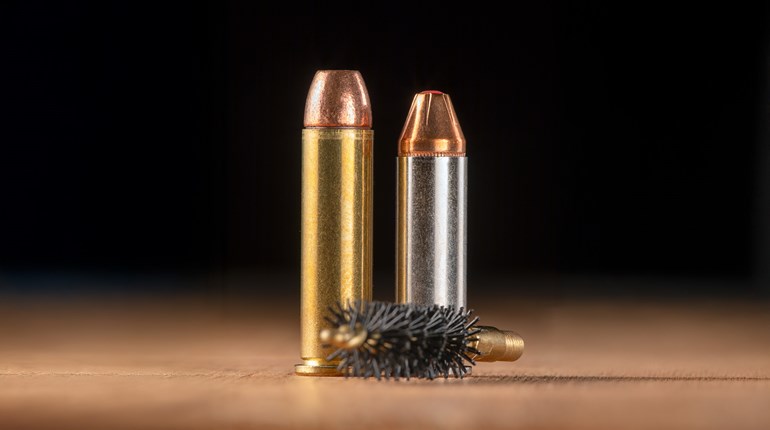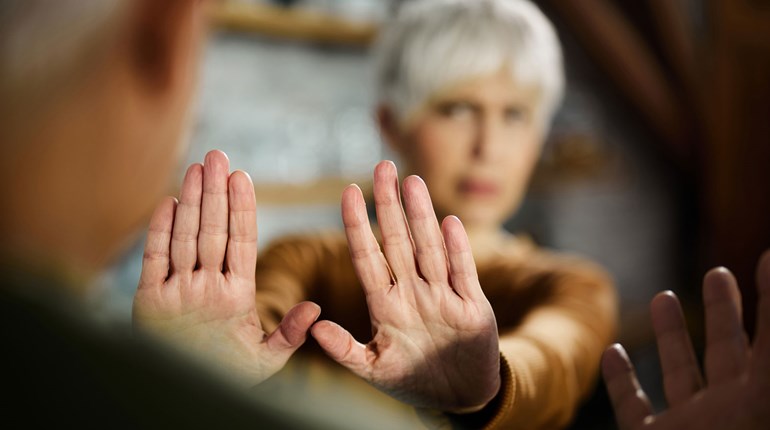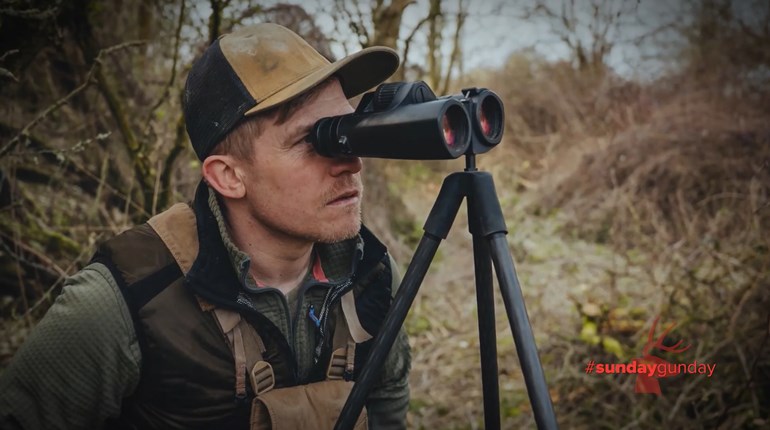
The Problem
You have attended many classes to learn how to shoot, when to shoot and what to shoot.
Similarly, you have attended additional classes focused on advanced handling techniques, movement, cover and concealment, improvised shooting positions, etc. ad-infinitum.
You have completed multiple classes featuring reality-based training scenarios where the aforementioned techniques and exercises were presented and built on. Low-light scenarios, along with the addition of critical-thinking requirements in compressed time frames, as well as tactical actions in variable environments were added, compounding the challenges to negotiate and navigate.
You feel confident in your progress, but you know there is always something to be learned and are looking for more experiences to broaden your scope of knowledge.
Recently, you sought the advice of a well-known individual, who specializes in the arena of your interests, as to what new and different methods of sustaining and improving your practical skills he would recommend.
In a single statement he said, “Hunting. Go to the woods and go hunting, the successful pursuit of wild animals on their turf will teach you more than you might imagine in the quest to hone your pre-learned “skills.”
As such, you were left to ponder the meaning of that statement, but gave it much respect considering the source. How can hunting help to hone one’s practical skills living in today’s ever-changing society?
The Solution
Aside from reality-based training scenarios where you pit your knowledge and skills against those of other humans, there are few situations that force a person to think and make critical decisions in an instant under stress other like an actual confrontation with other humans.
The sheer variety of scenarios and situations should cause one to continually assess their everyday environment from a slightly different viewpoint, which ultimately will sharpen the skills needed to survive and win a human-based conflict. Conditioned automatic responses to one’s environment by continuous practice of the OODA Loop (Observe, Orient, Decide, Act) prevent the act of wandering aimlessly in the public domain, which is so prevalent in our society.
Think of it as a strategy of movement. Whether it is avoiding obstacles left in your pathway by the family pets or by crossing the street to avoid contact with unsavory actors, being conscious of one’s environment usually eliminates unnecessary stress.
A major benefit of hunting is the cultivation of situational awareness. Successful hunting demands the continuous use of one’s senses to detect the presence of game while limiting one’s own exposure revealing their presence to the animal. Visual observation of an individual’s surroundings, not only looking, but seeing the visual cues that contribute to the trip’s success in locating the animal(s) of interest. Attention to detail is required in recognizing shapes, colors and contrasts that do not belong, as is an awareness of movement, which is the primary element of detection or being detected by the quarry. A parallel to this on the street is recognizing a potential life-threatening situation before it materializes and avoiding it altogether because the visual cues indicated a high likelihood of trouble. Cultivating peripheral vision in the field and on the street provides a significant advantage to an individual who is intent on maximizing the use of all available information through simple observation.
Hearing is another under-utilized sense that can be enhanced by going hunting. Other than the obvious of listening for the footsteps of a moving animal, listen for the unexpected, the sound of a twig breaking or of water being traversed by a traveling creature. This trains the ears to recognize and alert to sounds not normally present in the field and on the street. This conditioning of the sense of hearing to the recognition of out of the ordinary sounds enhances target detection in the field and threat detection on the street.
Along with hearing, the sense of smell sometimes alerts a person to a condition not normally associated to the present environment. Something as simple as smoke from a forest fire or smoke from a burning building is often detectable prior to the visual cues becoming apparent. Although the human sense of smell is nowhere near the level of wild animals, animal presence can be recognized by humans in circumstances where smell is the primary sensory contributor. Aside from perhaps a skunk, if the odor of a game animal is apparent with no visual indication, it is likely danger is imminent by the close proximity of the animal, and a plan of action has to be executed immediately. A parallel for the street could be the strong smell of natural gas indicating a leak and the potential imminent catastrophic danger of an explosion.
Hunting, particularly that which involves the successful harvesting of a wild animal, has a truly unique way of sharpening an individual’s senses in relation to the world. Furthermore, in addition to allowing one to enjoy nature’s bounty, more importantly it serves to enhance one’s success in life, liberty the pursuit of happiness in today’s great outdoors.




































